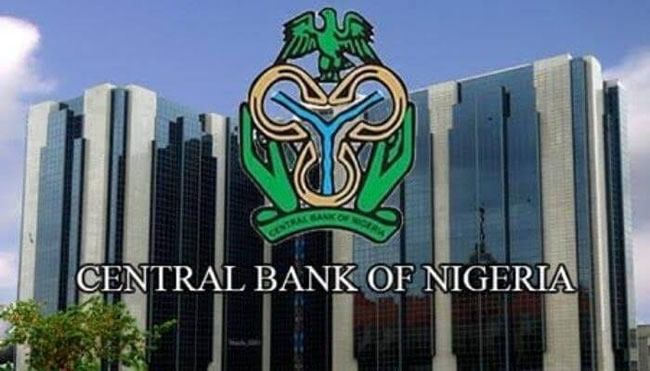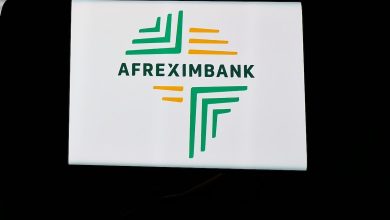
The Federal Government’s fiscal pressures intensified in January 2025, as debt servicing costs significantly outstripped total retained revenue, according to the Central Bank of Nigeria’s latest Monthly Economic Report.
Data from the report revealed that the government spent ₦696.27 billion on debt servicing during the month, while it earned only ₦483.47 billion in retained revenue. This means that debt repayments consumed approximately 144% of the federal government’s income underscoring Nigeria’s deepening fiscal distress.
Despite marginal gains in some revenue streams, the government’s earnings remain far too weak to cover mandatory obligations, forcing continued dependence on borrowing. This situation highlights the growing risks to macroeconomic stability in Africa’s largest economy.
A closer analysis showed that retained revenue rose by just 0.89% compared to the ₦479.21 billion collected in January 2024. However, that slight uptick was dwarfed by debt repayment demands. The report attributed the weak performance primarily to lower receipts from independent revenue sources and the federal government’s share of exchange gains.
“FGN retained revenue declined in the review period, owing largely to lower receipts from Federal Government Independent Revenue and FGN’s share of exchange gain,” the CBN noted.
The breakdown showed the Federation Account contributed ₦167.69 billion, while the VAT Pool Account provided ₦90.73 billion. However, Independent Revenue a key measure of the efficiency of Ministries, Departments, and Agencies (MDAs) plummeted to ₦32.28 billion, a steep 66.14% drop from the ₦95.34 billion recorded in January 2024.
Exchange gains, on the other hand, offered some relief, growing by 35.6% year-on-year to ₦188.09 billion. However, projected contributions from Excess Crude oil sales and the ‘Others’ category were nonexistent, raising concerns about the fragility of Nigeria’s revenue framework.
Worse still, month-on-month comparisons painted a starker picture. In December 2024, retained revenue stood at ₦1.57 trillion, making January’s figure a massive 69.19% decline a sharp fall that intensified the strain on government finances.
While debt servicing in January 2025 declined slightly compared to the ₦755.86 billion recorded a year earlier, the lack of revenue growth meant the debt-to-revenue ratio worsened substantially. In December 2024, debt servicing accounted for just 44.37% of earnings. By January, that number had surged to 144%, placing Nigeria firmly on a trajectory toward a potential debt trap.
This fiscal deterioration comes amid warnings from the International Monetary Fund (IMF), which recently flagged mounting budgetary pressures in oil-producing nations due to falling global crude prices.
“Oil producers like Nigeria are under budget pressure due to lower oil prices,” said IMF Managing Director, Kristalina Georgieva, at a press briefing on the Fund’s 2025 Global Policy Agenda in Washington, D.C.
Georgieva urged Nigeria and other African nations to urgently scale up domestic revenue mobilisation, stressing the need to deploy technology to broaden the tax base, curb evasion, and build stronger fiscal buffers.
As global growth slows and oil revenues falter, Nigeria’s ability to meet its financial obligations without aggressive reforms and expanded non-oil revenues is becoming increasingly uncertain.





